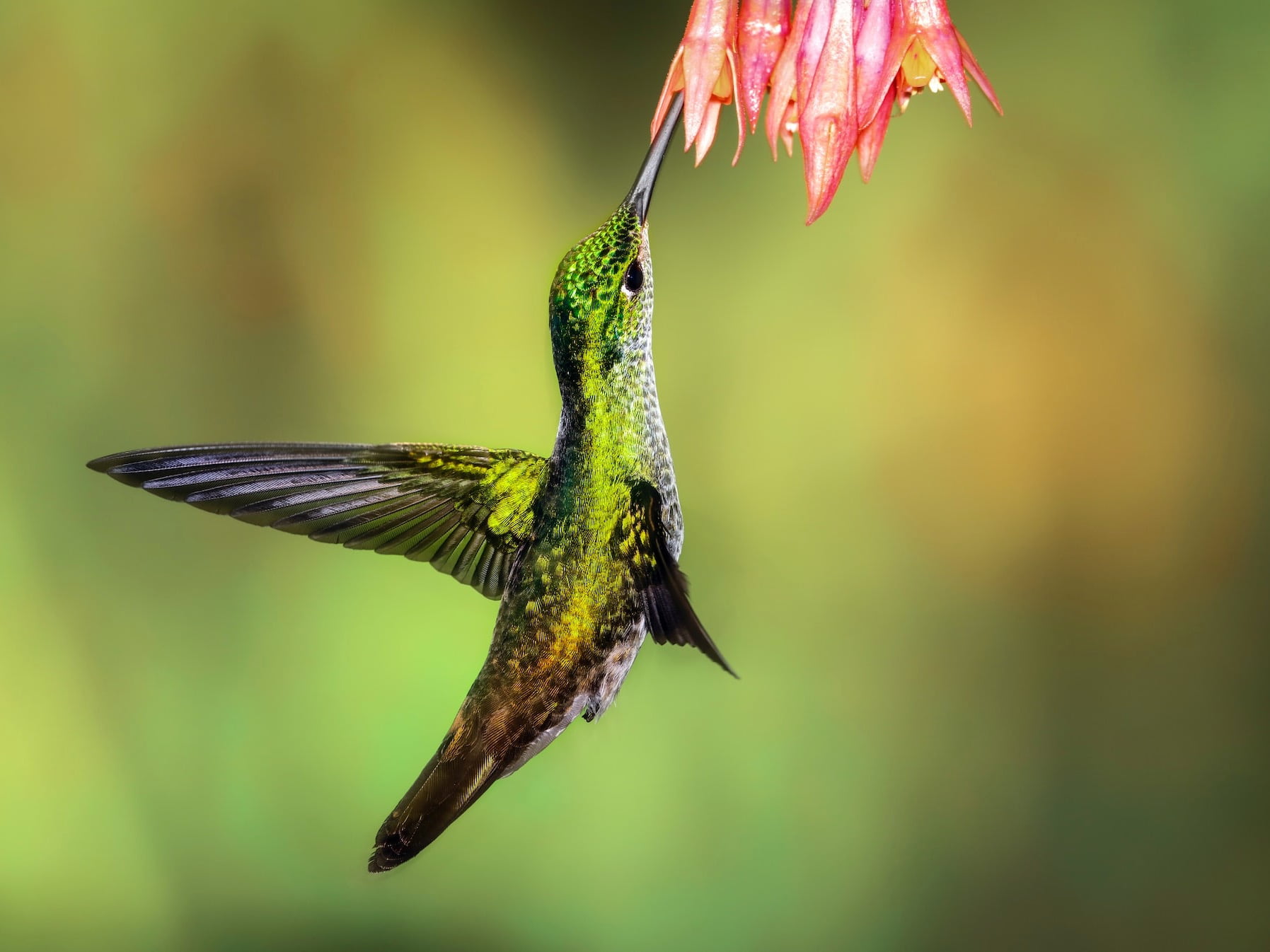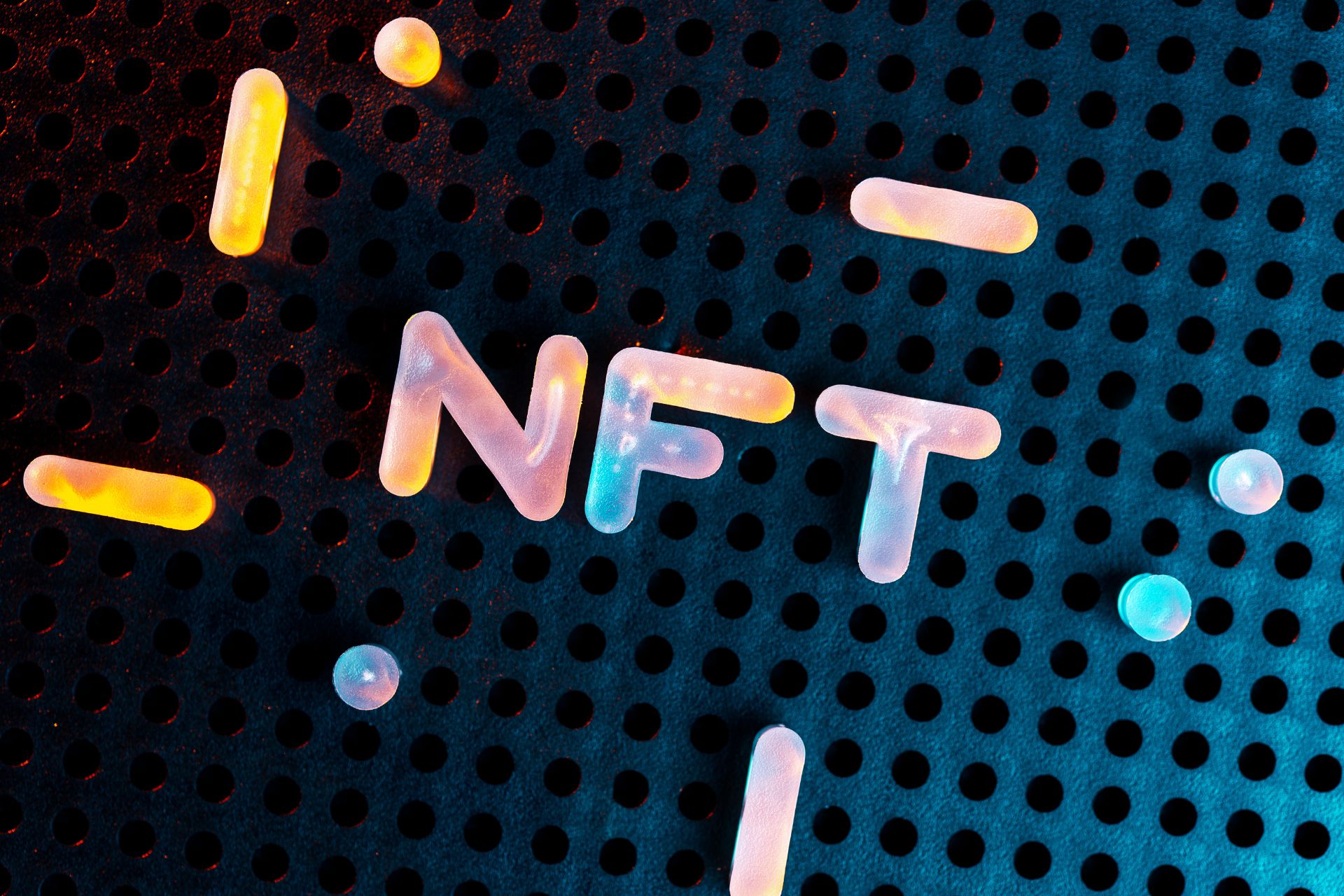If you’re an entrepreneur or creative, protecting your brand and creative work is essential, and knowing the difference between trademarks and copyrights will help you safeguard both effectively.
Intellectual property (IP) might sound like something only big tech companies or mega-brands worry about, but in reality, it’s crucial for everyone with a brand or creative idea. From the name of your business to the logo on your website, and even the photos or art you create—these all fall under different types of IP protection. For most entrepreneurs, artists, and businesses, the two primary forms of protection you’ll need to understand are trademarks and copyrights. But which one do you need, and how do you get it? Let’s break it down.
What is a trademark and why do you need one?
Trademarks are like the armor that protects your brand’s identity. Think of the name “Nike” or the swoosh logo. No other company can use those specific names or symbols because they’re trademarks. For your business, a trademark could cover your business name, your logo, a specific slogan, or even a unique sound associated with your brand.
Definition of a trademark
A trademark legally protects words, phrases, symbols, or other elements that identify your business and distinguish it from others. It’s all about brand recognition. When customers see your logo or hear your brand name, they should immediately think of you—not some knockoff competitor down the street.
Trademarks are especially important in industries where branding is king. For example, platforms like Petme, a social network for pet lovers, rely heavily on their brand to stand out. Without trademark protection, their unique brand assets—logo, name, and app design—could easily be copied or misused by competitors. 💡
Benefits of registering a trademark
So, why go through the hassle of trademark registration? Simple. Registering a trademark provides:
- Exclusive rights: No one else can use your brand elements without permission.
- Legal protection: If someone tries to imitate your brand, you can take them to court.
- Brand recognition: A registered trademark builds trust with customers.
Trademark vs. business name: what’s the difference?
This is a common point of confusion: just because you’ve registered a business name doesn’t mean it’s protected as a trademark. Your business name is registered with your local government so you can operate, but anyone could still use a similar name for a completely different product. A trademark ensures that only you can use that name in your specific industry.
What is copyright and how does it protect your work?
Now, if trademarks are all about protecting your brand’s identity, copyright is here to protect your creative work. Whether it’s music, art, literature, software, or a TikTok video, copyright gives you ownership over the content you create.
Definition of copyright
Copyright automatically protects your original work as soon as it’s created. You don’t need to register it (although registering it makes enforcing your rights easier). Copyright covers things like books, paintings, photographs, music, software code, and even choreography. If you’ve created it, copyright can protect it.
For instance, let’s say you’re a freelance designer who just crafted a gorgeous new website design or logo. Without copyright protection, someone could take that design and reuse it as their own—leaving you with no recourse. Copyright ensures that only you have the rights to use and distribute that work.
Types of work protected by copyright
Copyright covers:
- Written works: Books, articles, blog posts
- Visual art: Photography, drawings, graphic design
- Music: Songs, lyrics, compositions
- Software: Original programming code
- Video content: Films, videos, animations
How to register copyright for your creative works
While copyright protection is automatic, registering your work with a copyright office provides added legal benefits. If someone steals your work, it’s much easier to enforce your rights if the work is registered. The process is fairly simple: you fill out a form, submit a copy of the work, and (usually) pay a small fee. This is especially important for creators who want to license their work or sell it to others.
Trademark vs. copyright: key differences every entrepreneur should know
So, how do you know when to choose a trademark or a copyright? Here’s a quick breakdown:
What does each protect?
- Trademark: Protects brand elements like names and logos.
- Copyright: Protects creative works like art, music, and literature.
If you’re building a brand and want to protect the elements that make your business recognizable, go for a trademark. But if you’re creating original content—whether it’s a blog post or an original painting—copyright is what you need.
Duration of protection: trademark vs. copyright
- Trademarks: Last as long as you renew them (typically every 10 years).
- Copyrights: Last for the lifetime of the creator plus an additional 70 years (in most countries).
Trademarks need to be maintained and renewed regularly. Copyright, on the other hand, lasts for a very long time without needing renewal—great news for artists!
How to choose between a trademark and copyright for your business
If you’re selling a product or service and want to protect your brand identity, prioritize trademark protection. On the other hand, if you’re creating content—whether written, visual, or audio—copyright is the way to go. Often, businesses need both: a trademark for their brand and copyright to protect their creative output. Moreover, these two figures are not mutually exclusive, but rather complementary – so, in reality, you don’t need to choose!
Navigating the world of IP protection can be tricky. Here are 8 common IP mistakes entrepreneurs make — and how to avoid them
How Adora IP makes protecting your brand and creativity simple
IP protection can seem overwhelming, but that’s where Adora IP comes in. We make the process of protecting your brand and creative work easy and affordable. Our services streamline the registration process, so you don’t have to wade through complicated legal jargon. With Adora IP, you get fast, affordable protection that ensures your ideas stay yours.
Whether you’re launching a startup, building a personal brand, or creating the next viral piece of art, Adora IP has your back. We provide expert guidance so you can focus on doing what you do best—creating, building, and innovating.
FAQs about trademark and copyright protection
How much does it cost to register a trademark or copyright? Our fees start from €650 for a registration that covers the whole of the EU and we can help you apply for grants that can reduce the official fees for registration. Book a free exploratory call or email us for a personalised quote.
Can I copyright my business name? No, business names are protected by trademarks, not copyright. Copyright applies to creative works, while trademarks protect brand elements like names and logos.
How long does trademark and copyright protection last? Trademarks last as long as they’re renewed (usually every 10 years), while copyrights last for the creator’s lifetime plus 70 years in most countries.
What’s the difference between a trademark and a patent? Trademarks protect brand elements, while patents protect inventions and innovations. Patents cover how things work or are made, while trademarks cover branding.
Do I need both a trademark and copyright? Many businesses need both. A trademark protects your brand, while copyright protects the content you create.
Conclusion
Understanding the difference between trademarks and copyrights is essential for protecting your brand and creative work. Whether you’re an entrepreneur launching a business, or a creator sharing your art with the world, having the right IP protection ensures your work stays yours. With Adora IP, navigating IP law doesn’t have to be complicated. Protect your brand and creativity today!






One Comment